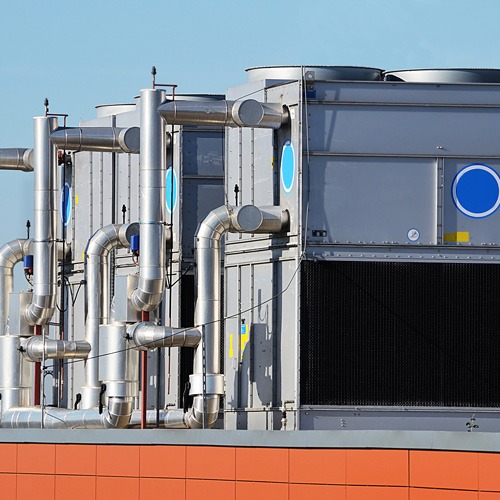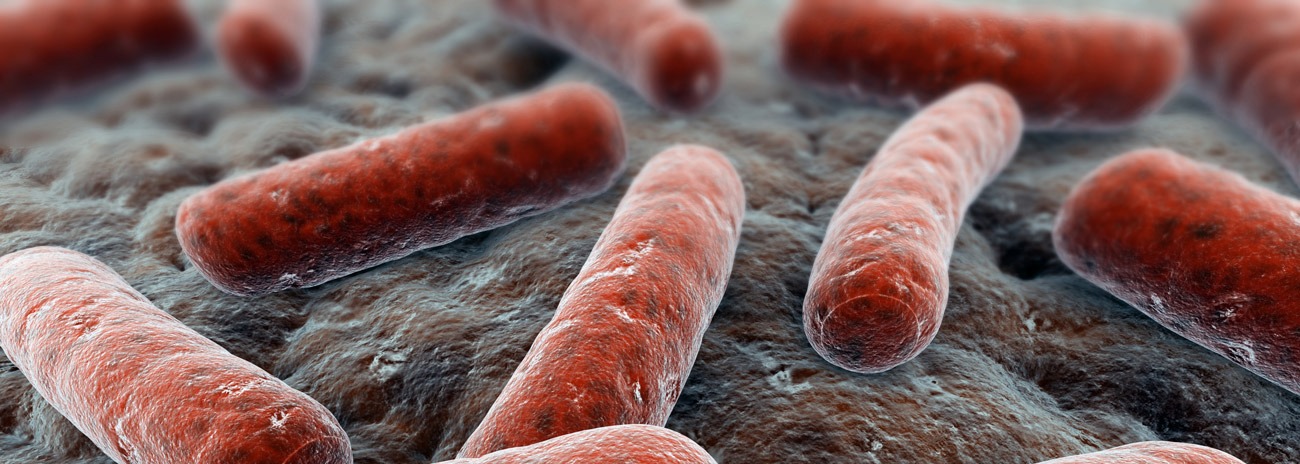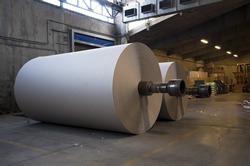Measures that help to control pollution and minimise wastes are becoming increasingly important issues for many organisations, businesses and individuals as they strive to improve their own environmental profile, reduce waste generation, meet increasingly stringent environmental discharge conditions (to air, water and land), and reduce operating costs.
Learn about improving pollution control processes through waste minimisation improvements, optimisation of costs, and techniques to help minimise industrial waste, wastewater and effluent.
Microbes & Toxic Waste Removal – Vinyl Chloride & Dichloroethene
This short paper covers issues that surround the use of microbes in the removal of toxic waste, in particular, the removal of vinyl chloride and dichloroethene.
Water Efficiency – Textile & Leather Industries
This useful article looks at ways of improving water efficiency in the textile and leather industries, where savings of between 20-50% on water and effluent charges may be possible.
Water & Chemical Use in the Textile Industry
Identification and implementation of process improvements including the reduction of water and chemical usage, and wastewater and effluent costs is important for anyone involved in the textile industry.
Rainwater Harvesting, Water Savings & Conservation
This short paper deals with issues that surround rain water harvesting, savings and water conservation techniques. In the UK less than five percent of tap water is currently used for cooking and drinking, with each person using less than 17.15 litres per day for ‘life sustaining’ purposes.
Fruit & Vegetable Processing – Reducing Water & Wastewater Costs
Implementing changes that reduce the costs associated with water and wastewater in fruit and vegetable processing can have a positive impact on businesses operating in this sector at both an environmental and economic level.
Pollution Control – Cost-Effective Solutions
This useful good practice guide deals with issues faced by industrial organisations wishing to identify and implement cost effective pollution control measures.
Reducing Water Use – Saving Money Through Waste Minimisation
This excellent water saving guide deals with a number of issues faced by industrial and commercial organisations wishing to identify and implement measures to reduce water use and save money through overall waste minimisation.
Speciality Chemicals Manufacture – Managing Water Use
Saving water is important in any industry sector. This good practice guide deals with issues faced by organisations involved in the manufacture of speciality chemicals and who want to identify and implement process improvements, in particular the reduction of water use; and wastewater and effluent costs.
Cost Effective Pollution Control
This informative study looks at six UK companies and examines their approach to the selection and implementation of cost-effective pollution control measures.
Water Saving Devices & Cost Effective Practices
How to save water. This informative good practice guide describes a range of cost-effective water saving devices and practices – some with paybacks of only a few days.
Cleaning for Food & Drink Sectors
This food and drink sector reference note has been written to help those who wish to explore reducing the potential environmental impact and costs of cleaning, with particular respect to water use.
Ceramics Manufacture – Managing Water Use & Benchmarking
This good practice guide covers the manufacture of ceramics and has been written to help those companies involved in this industry sector to save money through reducing water use and effluent levels.
Cost Effective Chemicals Management for Printers
This Good Practice Guide sets out a chemicals management programme designed to help you improve how your company handles and monitors the chemicals it uses. It looks at measures to reduce waste, at the use of alternative materials and technologies, and provides background information to raise awareness of good chemicals management.
Optimising Metalworking Fluids – Good Practice Guide
Metalworking fluids (MWFs) – sometimes referred to as coolants, suds, slurry or soap – are used in engineering workshops for a wide range of metal cutting processes, e.g. drilling, milling, tapping and turning.







